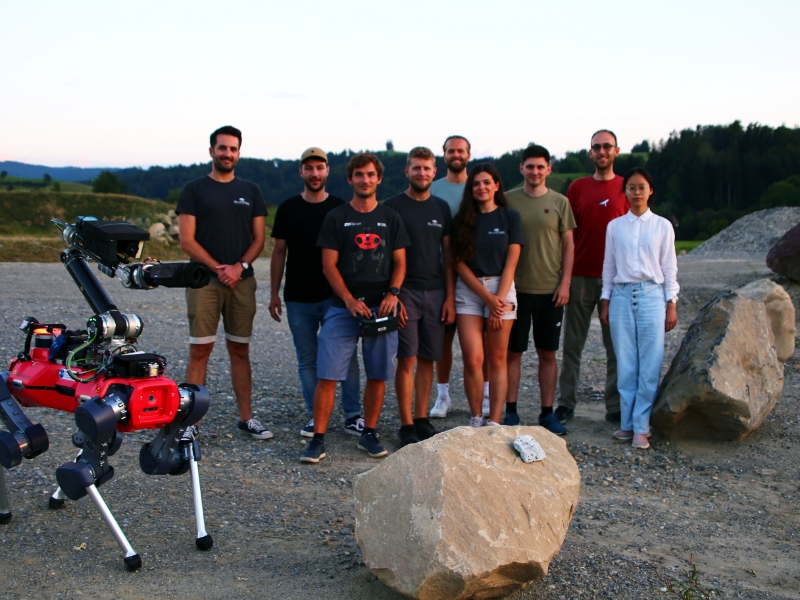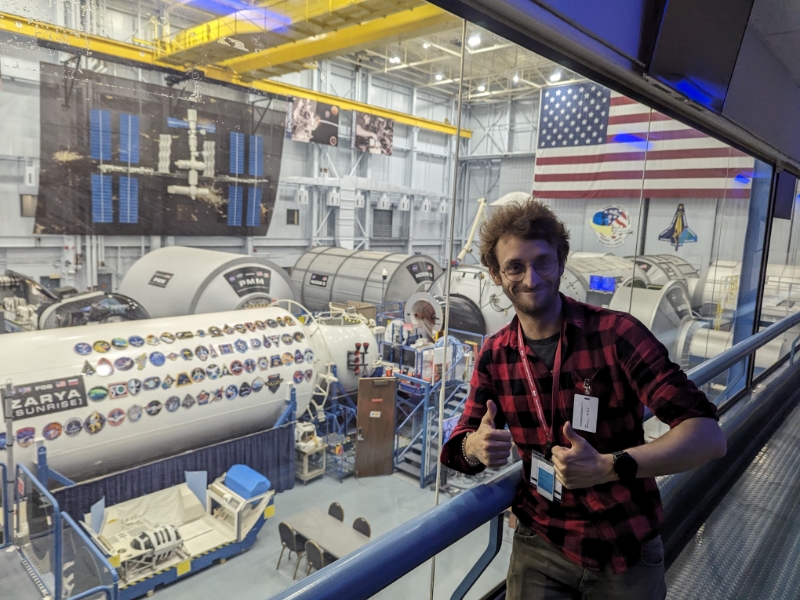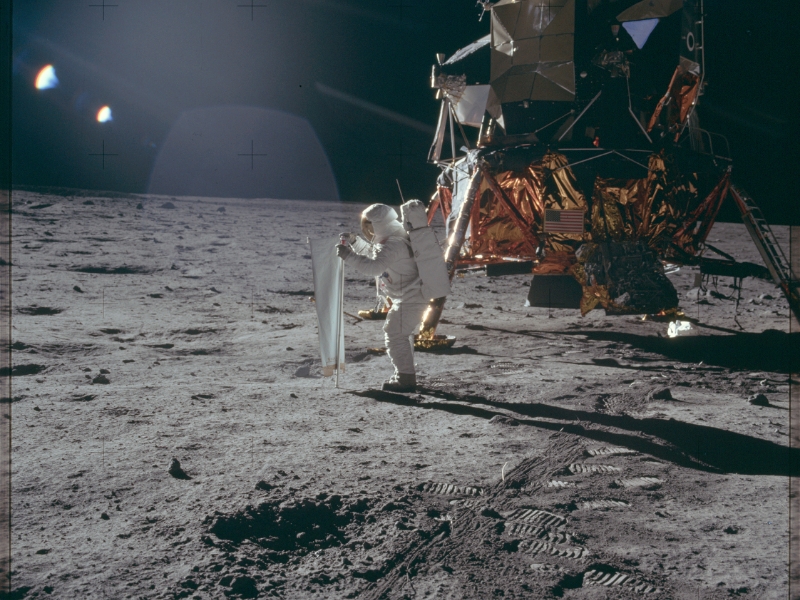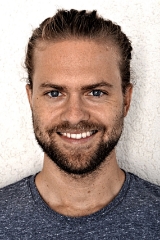Space research
New partnership with NASA
A new network of Swiss research institutions teams up with NASA to accelerate the exploration of the Moon, Mars, and beyond.

Switzerland has a long and successful history in building, contributing to, and conducting space exploration and science missions. A new Swiss research network now has the opportunity to further contribute to this in partnership with NASA. In particular, this partnership with the Solar System Exploration Research Virtual Institute SSERVI intends to drive forward crewed and robotic exploration missions and facilitate scientific breakthroughs, while fostering technological and commercial innovations.
“The new partnership facilitates the initiation of new joint research projects, the access to U.S.- and Swiss-based laboratory and computing facilities, and the organization of joint field trips and technology demonstration campaigns, among other things,” says Valentin Bickel, planetary scientist at the Center for Space and Habitability (CSH) at the University of Bern and the principal investigator of the Swiss research network CHEESE.
Bundled Swiss space expertise
The Swiss (CH) Exploration, Education, and Science Endeavor CHEESE includes more than 50 Swiss researchers distributed over eight universities and research institutions in Bern, Zurich, Basel, Lausanne, Lucerne, Neuchatel, and Sion. Through CHEESE, Switzerland has an additional way of contributing to the exploration of the Moon, Mars, and beyond. Hosted by the Center for Space and Habitability (CSH) and the Space Research & Planetary Sciences Division (SPACE/WP) at the University of Bern, CHEESE will further facilitate the national communication, exchange, and cooperation among Swiss research institutions and universities interested in space exploration. CHEESE is still accepting new members and institutions.
Opportunities for students
An important goal of CHEESE and the new partnership is also to provide training, education and networking opportunities for students from the US and Switzerland: Currently, the first Swiss CHEESE student, Riccardo Pedrelli, is conducting an internship at a SSERVI-supported research node at the Lunar and Planetary Institute and the NASA Johnson Space Center in Houston, Texas. Finally, CHEESE offers an opportunity to promote Switzerland as a strong partner for space exploration.

Space research with a long tradition
It is no coincidence that the partnership agreement between CHEESE and SSERVI came about under the leadership of the University of Bern. The University of Bern has a long and successful tradition in lunar and planetary research and regularly participates in missions of major space organizations such as ESA, NASA and JAXA. The University of Bern is also home to the National Center of Competence in Research PlanetS.

CHECHEESE principal investigator Bickel has a year-long history of working with various SSERVI research teams. “In 2023, I was approached by the SSERVI leadership about the possibility of a U.S.-Swiss partnership, which led to the search for potential partners in Switzerland the submission of a joint proposal to NASA Headquarters, and – ultimately – the signing of the international partnership by the director of the NASA Science Division in the Office of International and Interagency Relations, the two CSH Co-Directors, and myself.” This was a great moment for Bickel, and he is looking forward to all future joint efforts by SSERVI and CHEESE, Bickel concludes.
About the person

Valentin Bickel
is a planetary geomorphologist and fellow at the Center for Space and Habitability (CSH) at the University of Bern and a member of the National Center for Competence in Research (NCCR) PlanetS. He is predominantly interested in dynamic surface processes on the Moon, Mars, and Mercury.